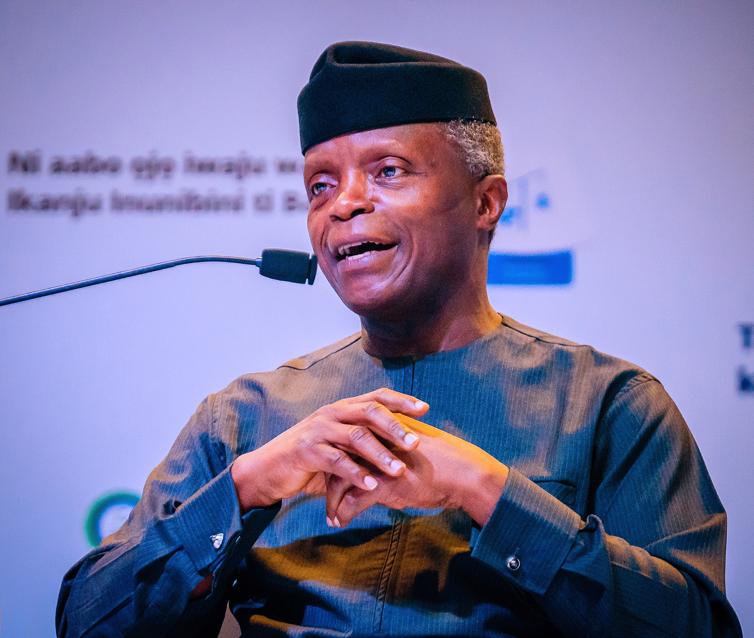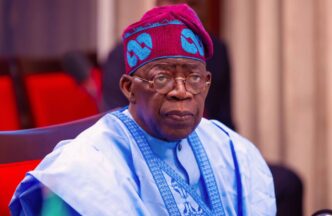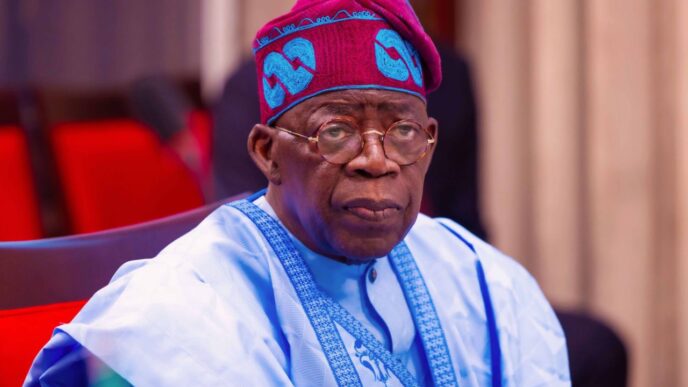Former Vice President Yemi Osinbajo has called for a fundamental change in Nigeria’s legal and judicial mindset, criticising the tendency of courts to prioritise technicalities over genuine justice.
Speaking in Ilorin, Kwara State, during the second Prof. Yusuf Ali Annual Lecture at Kwara State University (KWASU), Malete, the senior advocate stressed that the justice system must exist to serve people, not rigid procedures.
Osinbajo expressed concern that many court judgments, including those from the Supreme Court, often emphasise form over substance.
“Even English courts, whose practices we inherited, have evolved beyond such rigid technicalities by allowing amendments at any stage to ensure justice is done,” he said.
He warned that Nigeria’s continued dependence on outdated procedural rules undermines public trust and weakens the administration of justice.
The former vice president urged lawyers, scholars, and policymakers to embrace critical and decolonised thinking to reform legal education and practice.
He noted that although the Supreme Court sometimes takes a more flexible approach—especially in electoral matters—its inconsistency remains troubling.

“A justice system that glorifies form over substance risks losing its relevance and effectiveness,” Osinbajo cautioned.
Delivering the lecture titled Towards Decolonising Legal Briefs: Effective Implementation of the Local Content Law for the Benefit of Nigerian Lawyers, guest lecturer Prof. Chidi Odinkalu (SAN) urged legal professionals to dismantle lingering colonial influences within the legal system.
Odinkalu observed that Nigeria, despite political sovereignty, still lacks full intellectual and occupational independence. He underscored the need for a credible and autonomous judiciary as a key pillar of decolonisation.
KWASU Vice Chancellor, Prof. Jimoh Shaykh-Luqman, commended progress in the university’s Faculty of Law, announcing that new facilities—including a departmental building, a 500-seat auditorium, and two 250-seat lecture halls—would be completed by December.
Prof. Yusuf Ali added that every nation requires a unifying force, lamenting that Nigeria currently lacks one.
He noted that Nigerians only appear united during football tournaments—moments of fleeting cohesion that quickly vanish.
He urged citizens to confront the country’s systemic failures realistically, warning that persistent institutional weaknesses remain evident.


 Trending
Trending 




